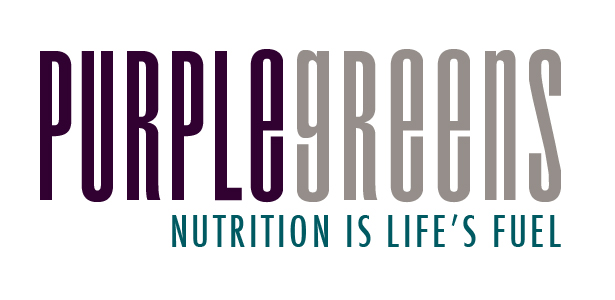It has been demonstrated that artificial sweeteners do not provide the promise of weight loss. Sure, artificial sweeteners are less caloric dense than sugar, so in theory, drinking a diet soda or eating foods with artificial sweeteners would save your calories and would prevent your blood glucose and insulin from spiking. Unfortunately, this is not the case. In fact, artificial sweeteners have shown to increase hunger and insulin and with that your waistline.
Got Nutrients?
Did you know that the rise in our waist sizes, physical and mental fatigue, chronic aches and pains, high blood pressure, and stress levels all have one thing in common? I’m sure it is no surprise that the one link in our diet and or our lack of a healthy diet. This same link is also responsible for many of the risks associated with diseases and chronic conditions such as type 2 diabetes, high blood pressure, obesity, and undesirable cholesterol levels. But the best news is that diet and nutritional deficiencies are easy to tweak and can have tremendous outcomes on your health when done right.
Drink Your Cocoa this Flu Season
The Difference Between Refined Sugar and Natural Sugar
There seems to be some confusion on what is meant by ‘sugar’, especially as it relates to a low-sugar diets. So to clear the air, let’s define the two main types of sugars, refined sugar and what I call natural sugar. Refined sugar refers to sugar that is processed from sugar cane or sugar beets. Natural sugar from mother nature comes from fruits, vegetables, nuts, seeds and dairy.
Poor Nutrition Increases Risk of Injury in High School Athletes
Is Sugar Causing Your Brain Fog?
Healthy Nuts and Seeds
Are You Fueling Too Much?
A Nutty Way to Lower Cholesterol
Six Reasons Why to Cut-back on Sugar
Over the last 25 years, Americans have doubled their intake of sugar. The average adult exceeds the recommended sugar intake by 19 teaspoons a day. That equates to approximately thirteen 5-lb bags of excess sugar a year. Overweight individuals are not the only ones at risk of developing ongoing health issues. According to a study published in Journal of the American Medical Association (JAMA), healthy eaters are also consuming an overload of sugar and are at risk of developing health issues.
An Apple A Day Does Keep The Doctor Away
Chocolate Milk as a Recovery Drink?
Chocolate milk has become a popular recovery drink for workouts and competitions. You see it at races and sporting competitions of different venues from Ironman races to 5k runs to volleyball tournaments.
So what’s behind the theory that makes everyone thinks this is a great drink and what’s wrong with this theory? A few years ago chocolate milk began to pick up head speed as a quick, convenient, good for you recovery drink. It’s been promoted by food manufactures as the right mix of carbs and proteins. Even though all of those statements may be true, chocolate milk is not a recovery drink and should not be promoted as such. This is why.
Butter is Not the Bad Guy
What Really Happened to The Biggest Losers
The recent article from the New York Times, After 'The Biggest Loser,' Their Bodies Fought to Regain Weight, highlights that 13 out of the 14 contestants regained all the weight they lost within 6 years. The show was shocked and so were the contestants. How could this have happened? Doctors were interviewed and the contestants' metabolisms were measured and it was true that almost all of the contestants metabolisms have declined. Does this make us think that we should just give up on losing weight and living healthier? No, this should teach us a lesson that there is a right and a wrong way to lose weight. The method in which the contestants lost their weight is not ideal and this is why.
What's wrong with keeping an online Food Journal?
Protein Bar or Candy Bar?
It’s convenient to grab a protein bar when we skip breakfast or lunch, need a quick afternoon pick-me-up or a post-workout recovery. There is a plethora of protein bars to choose from; bars with 25 grams of protein, with Omega fats, low-fat, and even gluten-free bars. With these nutrition buzzwords it’s easy to think these bars are good for us, but not so fast.
Elite Athletes Understanding the Importance of Vitamin D
Vitamin D is best known for its role in bone health. But did you know that vitamin D controls over a 1000 gene expressions and is powerful enough to reduce immune dysfunctions & inflammation, slow aging, and increase brain serotonin.
Read on to learn why pro and college teams are using vitamin D to prevent injuries and improve performance.














